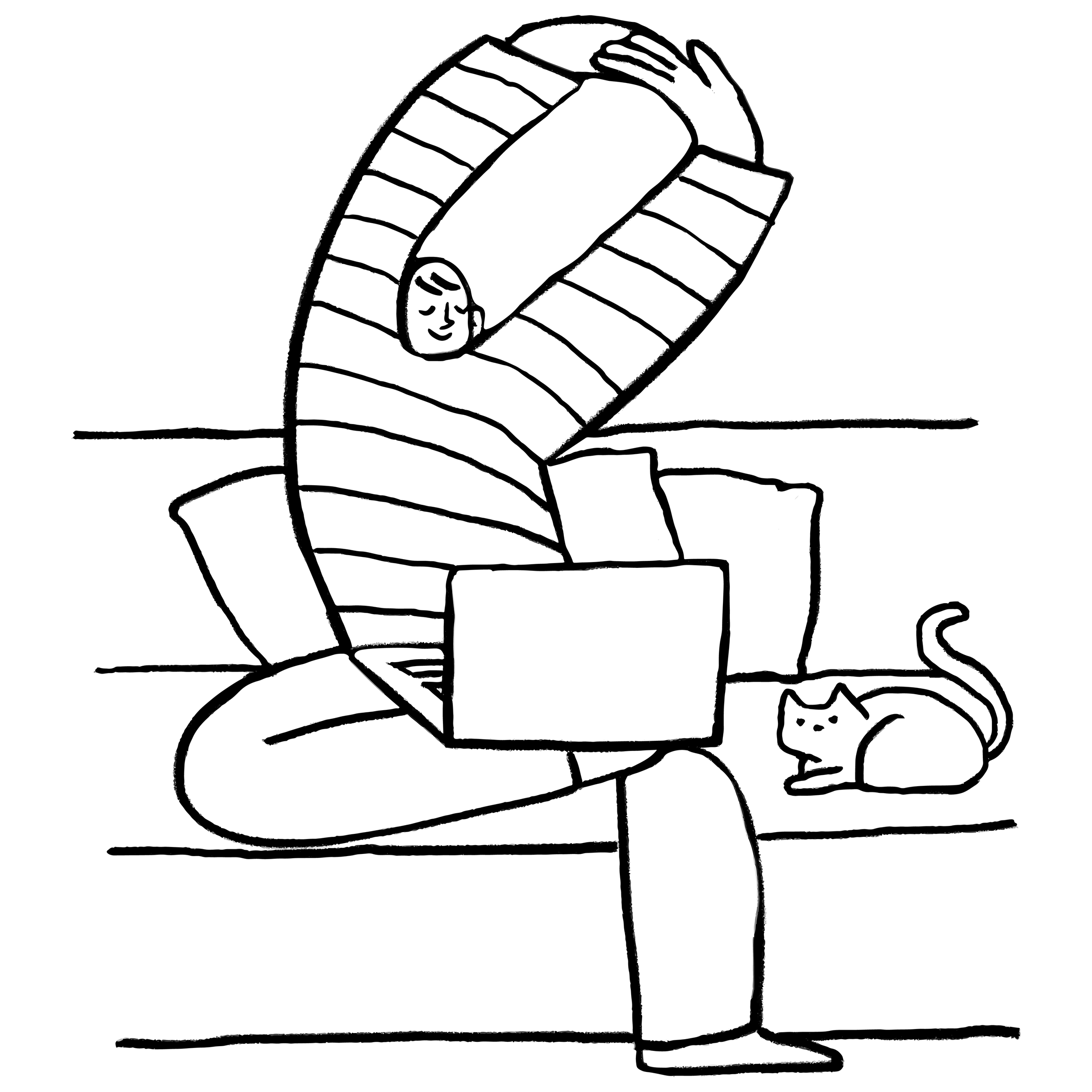Lesson 8
Site Licensure
Lesson 9
Adult-Child Ratios
Lesson 10
Environment Rating Scale
Lesson 11
Nutritional Needs
Lesson 12
Desired Results Profile & Data
Lesson 13
Qualified Director
Lesson 14
Staff Development/Provider Support
Lesson 15
Refrain from Religious Instruction
Lesson 16
Inventory Records
Lesson 17
Annual Evaluation Plan
Lesson 18
Fiscal Essentials: CFCC Contract Type
Lesson 19
Fiscal Essentials: CCTR Contract Type
Lesson 20
Audits
Lesson 21
CDMIS 801A & 801B Reporting
Compliance Indicator
Each site/family child care home has a current license issued by the authorized licensing agency unless the site is exempt from licensure.
Regulations/Reference
CCD Program Instrument: III. Program Quality CCD 10
Health & Safety Code: 1596.792
Title 22: 101158[a][8] & 101218.1
Welfare & Institutions Code: 10208 & 10250
Title 5: 18020
Monitoring Review Evidence
Current License & Current Receipt for Fee
Licensing Citations (if any)
Monitoring & Inspection Reports
Proof of License Exempt Status (if applicable)
Watch Video Lesson ❯
NOTE: CDSS Community Care Licensing videos provide a deeper dive into many of these topics. Note that these videos have been directly embedded within the Sketch Pad Notes below.
Sample Forms/Tools/Links ❯
Review Sketch Pad Notes ❯
Licensed Facility
CDSS Community Care Licensing Division. An Overview of Community Care Licensing [Video]. Embedded June 1, 2022 from ccld.childcarevideos.org
California Department of Social Services, Child Care Licensing Program provides oversight and enforcement for licensed Child Care Centers and Family Child Care Homes through 21 Regional Offices located throughout California.
When a facility is initially approved, a license will be issued.
License must be posted at the center or family child care home at all times.
A license has an effective date, but not an expiration date. To maintain an active license a facility must:
Operate according to the California Health & Safety Code & Title 22 of the California Code of Regulations
Pay licensing fees
Licensing Fees
CDSS Community Care Licensing Division. Child Care Licensing Fees [Video]. Embedded June 1, 2022 from ccld.childcarevideos.org
Operators of a licensed family child care home are required to pay a one-time orientation & application fees, annual fees, relocation fees & capacity increase fees.
The regulations require that a licensed site maintain records showing receipt of payment for licensing fees. Records may include a proof of online payment or canceled check.
Licensing Monitoring & Inspection
CDSS Community Care Licensing Division. Community Care Licensing Inspection Authority [Video]. Embedded June 1, 2022 from ccld.childcarevideos.org
The Child Care Licensing Program is responsible to visit family child care homes to conduct:
Pre-licensing inspections
Unannounced facility inspections
Complaint investigations
Follow-up inspections.
After each visit, the Licensing Program Analyst will issue a facility evaluation report, that if applicable will include any citations.
During a program review, a contractor must provide the reviewer with the most recent licensing facility evaluation report, along with if applicable any issued licensing citations and the Certificate of deficiency clearance.
NOTE:
Licensing Evaluator Material and Tools are available on the Community Care Licensing website, within the Laws & Regulations page.
Facility Evaluation Reports are made available online to the public
Licensed-Exempt Provider
CDSS Community Care Licensing Division. Understanding Licensed Care and License-Exempt Care [Video]. Embedded June 1, 2022 from ccld.childcarevideos.org
“Licensed-exempt provider” means an individual or organization that is not required to be licensed, as specified in HSC 1596.792, or any other federal law or regulation.
There are a variety of providers who are considered exempt from licensing, including:
Relatives of the children in care. There is currently no maximum number of children that a license-exempt provider can legally care for.
Providers who care for the children of only one family in addition to their own children, such as nannies & au pairs.
Cooperative child care arrangements between parents where no payment is involved, all parents share care giving responsibilities equally & there are no more than 12 children receiving care.
Public recreation programs for school-age children or that operate part-time or seasonally, extended day care programs, programs that operate a minimum number of hours a week & ancillary child care (where the parents are on the premises).
A CSPP classroom operated by an LEA that is located on school grounds, only serves 4 year olds & holds a Certification of Classroom Exemption of Title 22 issued by CDE
Complete Knowledge Check ❯
After reviewing the video lesson & sketch pad notes, it’s time to check for understanding by completing a Knowledge Check. Note that Individual Knowledge Checks will conclude with a Certificate.



